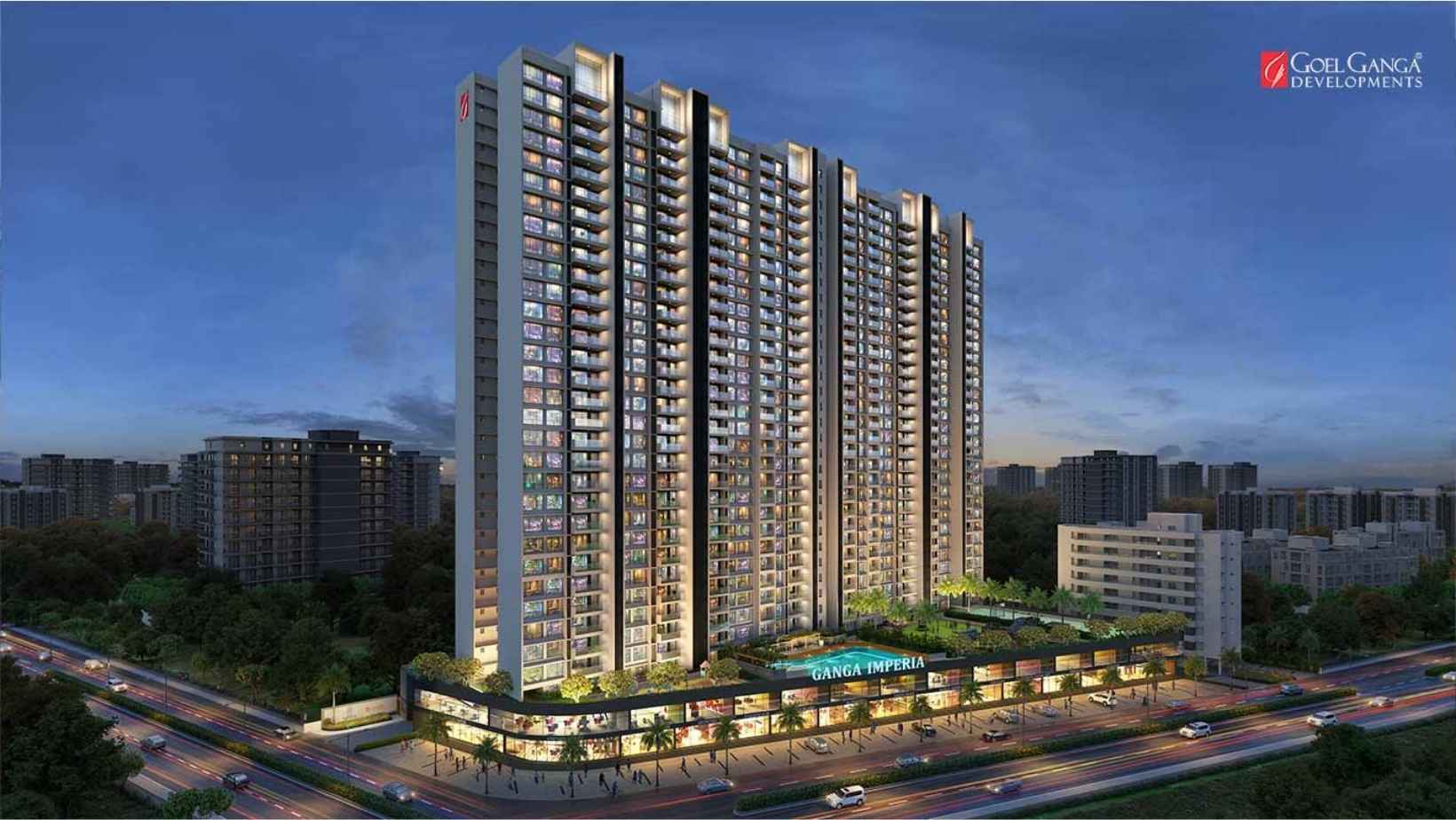Purchasing commercial real estate is one of the most lucrative forms of investment, as the scope of returns is outstanding. Contrary to popular belief, commercial real estate investment is fairly simple as long as you’re acquainted with the basic processes.
For this year, the residential rental yields in metro areas typically range from 2 to 3 percent of the property’s value, while commercial properties can generate returns of up to 4 percent. Commercial properties are a wise investment choice because of their higher capital appreciation rates, which provide a consistent rental income and a significant return on investment.
Before choosing a suitable home for investment, it is crucial to conduct some research. When purchasing a house, the aforementioned advice can be helpful.
Here are 7 useful rules of commercial real estate investment.
Table of Contents
Toggle1. Identify the right location:
When it comes to investing in commercial property, the location is all-important. You can judge a good location by the following parameters:
Accessibility and visibility: The location should be easily accessible via various modes of transport, to consumers and to all other stakeholders. Your commercial enterprise should attain adequate visibility in this area.
Social infrastructure: The locality should have a well-developed social infrastructure in place.
Proximity to commercial hubs: Being close to other commercial hubs gives the locality an added advantage.
Ethical concerns: The land on which the property is constructed should be free of any legal disputes, monetary liability and environmental concerns.
2. Quality of property:
Two commercial properties in the same location can vary greatly in terms of quality. Look out for a LEED Gold/Platinum certification to ensure that the property meets quality standards. The finer details like the interiors, fittings, and fixtures, elevators, look of the lobby, etc. contribute to the value appreciation, making the transaction a worthwhile investment.
3. Evaluate the scope for growth:
A pre-leased commercial unit is a good option for generating rental income right away, while larger units are preferable for better long-term returns. Parameters like the demand vs. supply ratio, market rent vs. in-place rent and rental yield ratio can indicate the scope for growth.
4. Assess the market drivers:
Fluctuating interest rates on loans as well as changes in government policy can directly impact the demand and supply of commercial properties. Acquaint yourself with the various factors that can affect the value of the property in order to make better investment decisions.
5. Profile of tenant:
When you’re looking to lease a commercial property, it’s useful to have a reputed tenant—such as a leading MNC or corporate firm. This greatly enhances the value of the commercial property.
6. Look to diversify:
The key to sensible real estate investment is diversification. Selecting the optimum property size to invest in multiple properties to be leased to different types of tenants is the best way to reduce risk and maximize returns.
7. Get the documents in order:
The foundation for a successful commercial real estate investment is set by the completion of all legal ownership formalities. Getting all the documents in order should be your foremost priority.
Looking for prime office spaces in Viman Nagar Pune? Ganga Trueno, a premium commercial project by Goel Ganga, presents commercial property for sale in Viman Nagar Pune.











6 thoughts on “7 Rules Of Commercial Real Estate Investing”
Pingback: Indian Commercial Real Estate Poised for Rapid Growth
Thanks to sharing a blog on “7 Rules Of Commercial Real Estate Investing” with us! It is useful.
Pingback: Ten tips for investing in Pune's commercial properties
Thank you so much for sharing your blog with us really it is amazing and helpful for me
Thanks for the informative article on the intricacies of commercial real estate investing! I especially appreciate the rule about diversifying investments across different property types and locations. This seems like a great way to mitigate risk.
In your experience, what is the biggest challenge facing beginning commercial real estate investors? Is it securing financing, finding the right property, or something else entirely?
Pingback: What is the Difference Between Commercial and Residential Real Estate? - Goel Ganga Developments